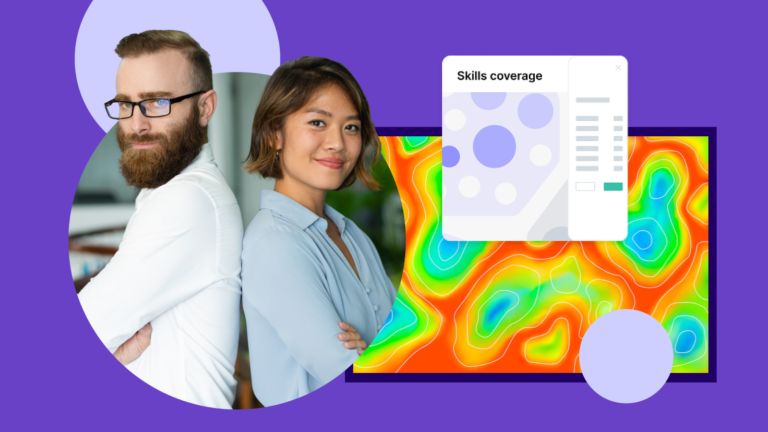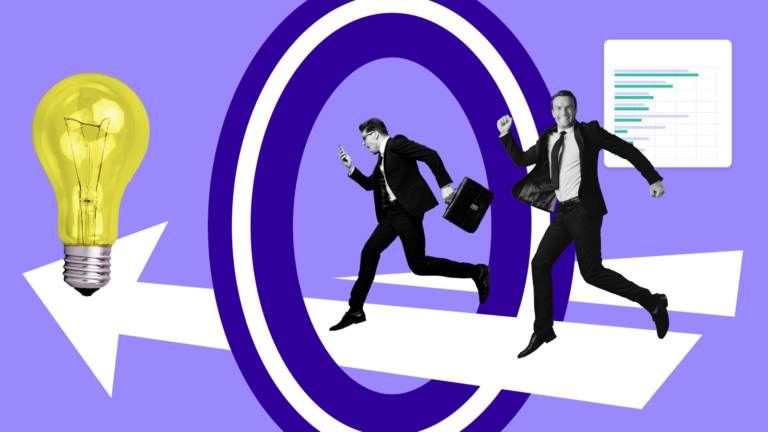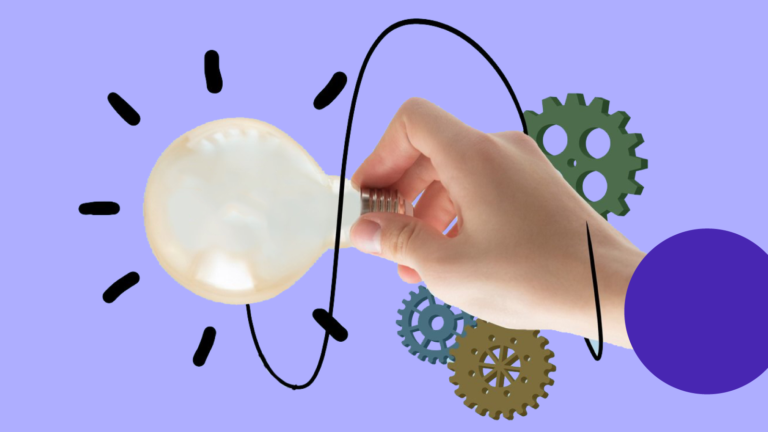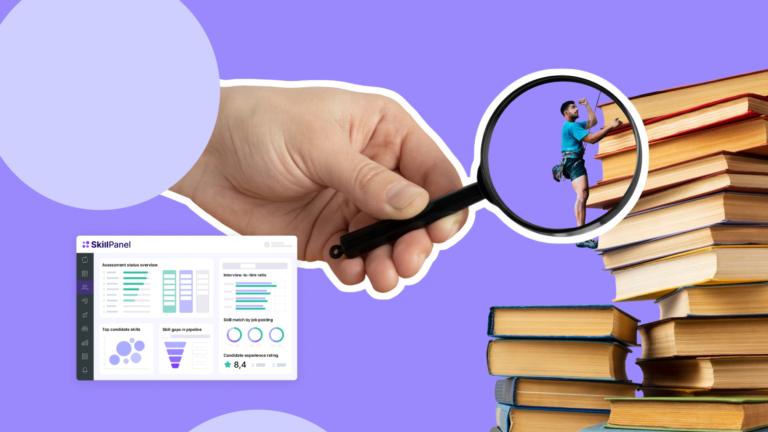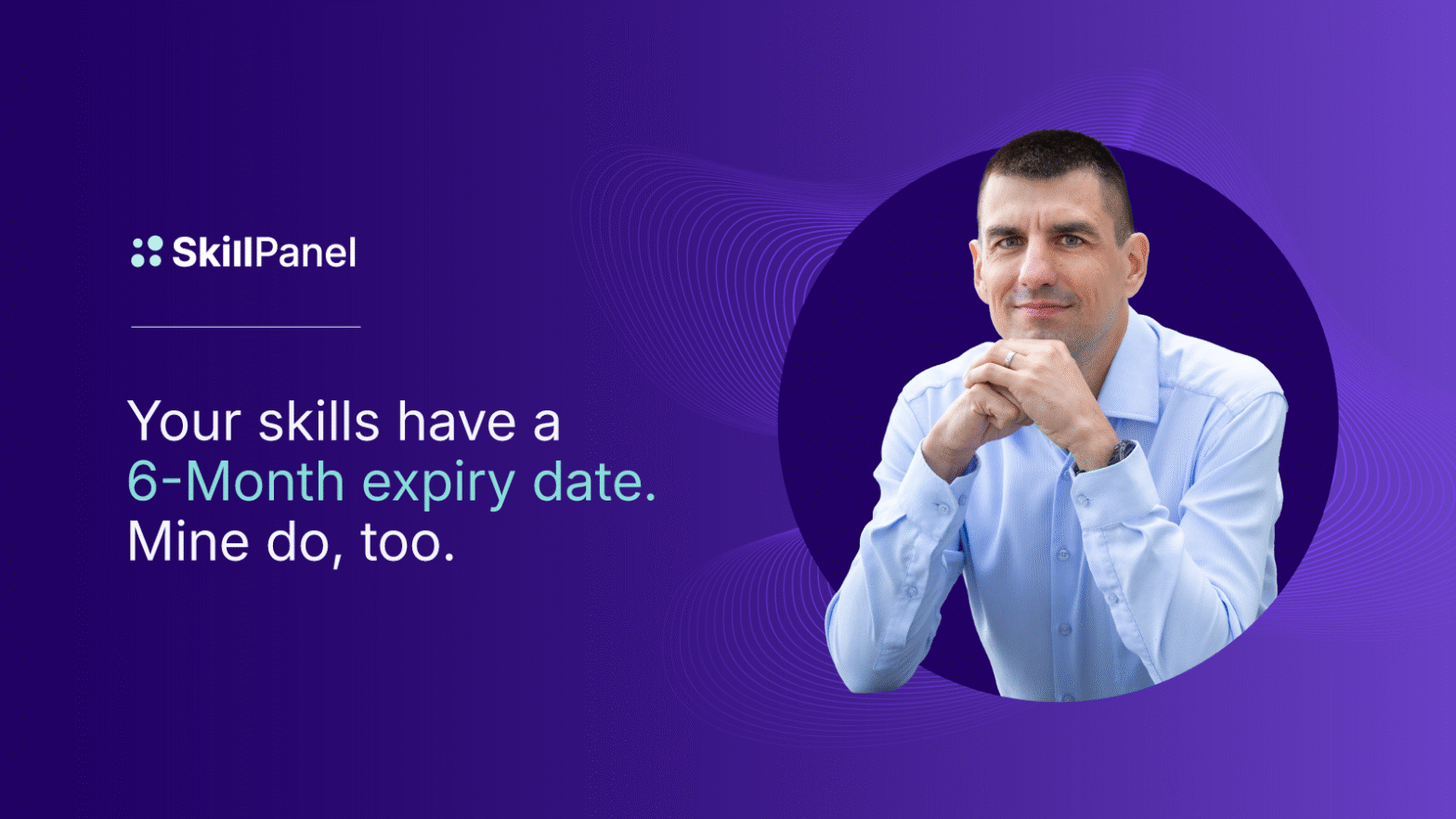
Your skills have a 6-Month expiry date. Mine do, too.
| Lesezeit:

Forget the 40-year career. In the age of AI, the only skill that matters is the one we never practice.
In the 1960s, if you got a job at a telecom company, you were set. The skills you learned during your apprenticeship would, with minor updates, serve you faithfully until you retired with a gold watch. Your knowledge was a stable, long-term asset.
In the 2000s, during the dot-com boom, we saw that cycle accelerate. We started talking about the “half-life” of a skill. Borrowed from physics, this is the time it takes for 50% of your professional knowledge to become obsolete or irrelevant. Back then, that half-life shrank from decades to about 5-10 years.
Just two or three years ago, I remember reading reports and hearing experts warn that the half-life of some technical skills could soon drop below three years. We all nodded and agreed it sounded fast.
But what I’m experiencing right now, is a reality that’s even more accelerated. I’m seeing critical, hard-won skills become unusable after a period so short, you can count the months on the fingers of one hand.
It was a reality that seemed abstract and hard to imagine. And yet, I no longer have to imagine it. I’m living proof that this future is already here.
My personal wake-up call
I work at the cutting edge of technology, specifically with AI. And my last six months have been a case study in whiplash.
Phase 1: Mastering the craft. I dove deep. I learned how to work with large language models, mastering the nuances of prompt engineering. I learned their quirks, their limitations, and their strengths. I felt confident. I was effective. I vividly remember the feeling of getting a complex prompt just right, watching the model respond exactly as intended. It was a craft, a delicate balance of language and logic.
Phase 2: The agentic revolution. Then, almost overnight, the paradigm shifted. The focus moved from the AI telling you what to do to the AI doing the work itself. This “agentic” approach was no longer about generating a plan for me to copy-paste. I could now design workflows where the AI could reason, use tools, and execute multi-step tasks on its own. The old ‘copy-paste’ workflow was dead.
Phase 3: The protocol shift. Just as I got used to agents, new techniques like MCPs (Model Context Protocol) changed the game again. The old method of loading data into an agent and asking it to generate scripts to do something was suddenly clumsy. With MCP, the model became self-sufficient. It could directly load and modify external data. Suddenly, there was no more need for crazy integrations to send a simple email; the model could just… send an email via MCP. The fundamental rules of interaction were rewritten.
Phase 4: The “Skills” revolution. I had just about got comfortable with MCPs. And then, Claude released “skills.” This wasn’t just another update. It was a complete philosophical change, a new framework that required a totally different mental model. It opened up entirely new possibilities and enabled a much more sophisticated and efficient use of the context window.
You see the pattern? The knowledge I had painstakingly acquired in January was being fundamentally challenged by summer. The skills I was honing in July are already being re-contextualized by a new framework this month (Skills).
This isn’t just “continuing education.” This is a relentless cycle of learning, unlearning, and relearning, all at breakneck speed.
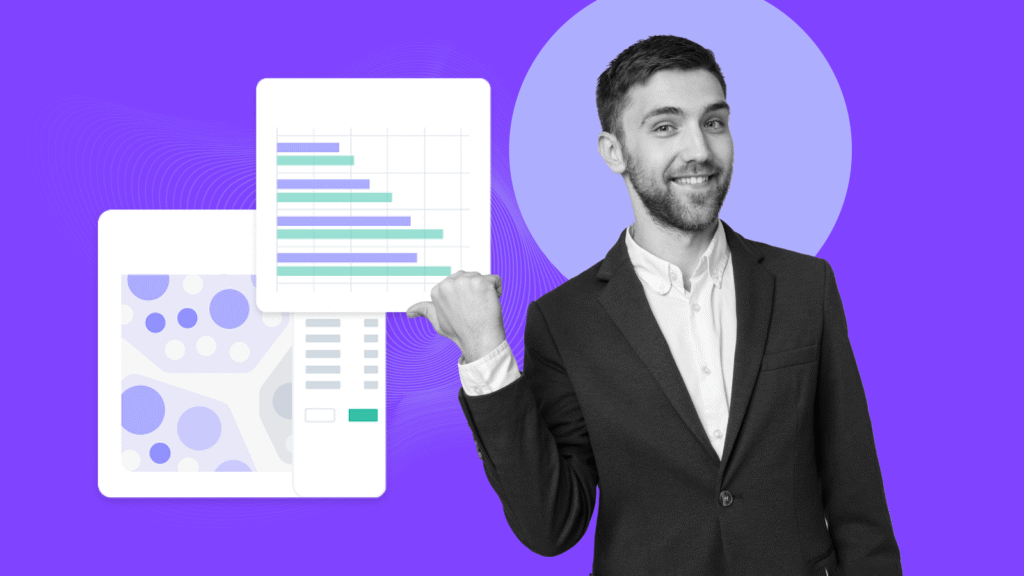
The painful art of “Unlearning”
We talk a lot about learning, but we rarely talk about its painful and necessary sibling: unlearning.
Learning is additive. You pile new facts on top of old ones. I’ve always been a bit of a learning junkie. I recently put this to the test in a totally different field: I just passed all the theoretical and practical exams for Airline Transport Pilot License. It was an incredible journey, driven by a passion for both flying and for learning itself. It was an awesome exercise for my brain—and we all need to be exercising our brains, especially now.
But unlearning is a surgical removal. It’s the conscious act of setting aside a tool, a workflow, or a belief that used to work. It’s admitting that your favorite, most-trusted technique is now a bottleneck.
It’s harder than learning because it fights against our ego (“But I was an expert at that!”) and our muscle memory (“This is just how I do it.”). In my AI example, I had to force myself to stop using old prompting methods, even though they were comfortable, to make room for the new, more effective ones.
The one skill that truly matters
In this chaotic environment, I hear a lot of talk about the rising importance of leadership. It’s absolutely true. Guiding a team through this level of constant change, managing anxiety, and maintaining a clear vision are more critical than ever.
But there is one thing that is even more fundamental. One skill that underpins leadership, technical ability, and long-term success.
It’s the meta-skill of learning.
I’m not talking about the ability to get a certification or pass a test. I’m talking about the raw, agile, practical ability to:
- Learn quickly: To absorb new concepts and apply them, fast.
- Learn effectively: To identify what actually matters and filter out the noise.
- Unlearn: To have the humility and mental flexibility to abandon what no longer serves, no matter how much you invested in it.
The future doesn’t belong to the person who knows the most code, the most management theories, or the most marketing frameworks. That knowledge is a depreciating asset.
The future belongs to the person who can learn (and unlearn) the fastest.
Our grandfathers built a career on a stockpile of knowledge. We must build a career on a flow of knowledge. The only thing that lasts isn’t the skill itself, but your ability to acquire the next one.
So, the next time you feel overwhelmed by a new technology or a shift in your industry, take a deep breath. You’re not just learning a new tool. You’re practicing the only skill that will last your entire career.

